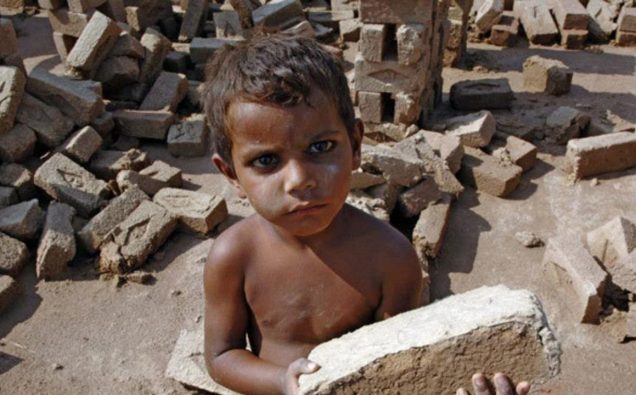
Editorial
Since the outbreak of COVID-19 Pakistan has been in a state of deep troubles. The infectious disease has exacerbated the multiple economic challenges, and businesses, workers and daily wage earners are finding it hard to contend with this spell of ensuing uncertainty. The Parliament is clueless as to how to wrestle with some of the issues. Prime Minister Imran Khan is facing growing criticism for his government’s ineffective handling of the unprecedented health and economic crisis.
Against this dysfunction, the Supreme Court on Friday gave hopeful news to the nation with its rejection of the presidential reference that had been filed against a respected judge Justice Qazi Faez Isa.
The Supreme Courts’ setting aside of the reference against the judge has profound meanings. It challenges the views of the powerful. It also is a two-fold reminder: That an institution can deliver justice in accordance with laws and spirit of the constitution – which has survived whims of military rulers and democratically elected undemocratic leaders; and that if institutions work and observe merit, they can make the system, though flawed, work.
It also raises the question if and when the common Pakistanis have justice delivered to them? While the Supreme Court has jurisdiction over court matters, it is governance at national and local levels that will do justice to people in the form of economic security, especially among marginalized communities. Both things must be done.
Another reminder is the fact that the democratic working of institutions and governments is what provides the way out of the country’s ballooning share of troubles. Now, the question of the moment: Who will draw a lesson and inspiration from this message?
The Imran Khan government has been far from being perfect in both its character and performance. At times, Imran Khan embraced undemocratic slogans in its much-publicized fight against corruption of the previous government before his party’s 2018 election victory. Now, his party is gnawing about the perforations in its ranks. His attitude toward critical media has also elicited condemnations. Sure, parts of the media too have failed to apportion blame for the country’s failures among faltering institutions.
Pakistanis know very well that not everything throttling Pakistan’s progress is of the Khan’s making. In fact, sometimes, he is perceived as the projected target of criticism for the many ills that originate from some other sources in the society and the state. Such problems have long kept the country from delivering on its immense human and economic promise.
It is also now clear that the Khan, by the turn of events, his own lack of focus, the national economic woes, and debilitating cycles of power grabs, is beginning to symbolize disappointment for millions of poverty-stricken Pakistanis who trusted his promise to minimize their problems.
But as required constitutionally of him, Imran Khan must carry the burden of expectations. He must don the mantle of the administrator of policies that actualize socioeconomic justice, which is the slogan of his party, Tehreek-e-Insaaf, that, translated into English, reads as the movement for justice. At things stand now, Imran Khan’s task looks gigantic, which some may dismiss as nearly impossible.
Undoubtedly, it sounds like a big ask of Imran Khan for in doing so he would have to perform a two-sided role. He will have to act like an adroit cricket skipper – adopt merit, replace corrupt officials, bring fresh talent to the fore – and lead like a seasoned politician – take along the dissenting voices and dismayed political forces. Only then, Pakistan may be able to begin the much-needed process of justice for the common people, who face a lethal mix of economic and health challenges in the form of COVID-19.
Imran Khan should start taking initiatives to serve the people, and not just react to situations and issues as they arise.
The Editorial Board


















